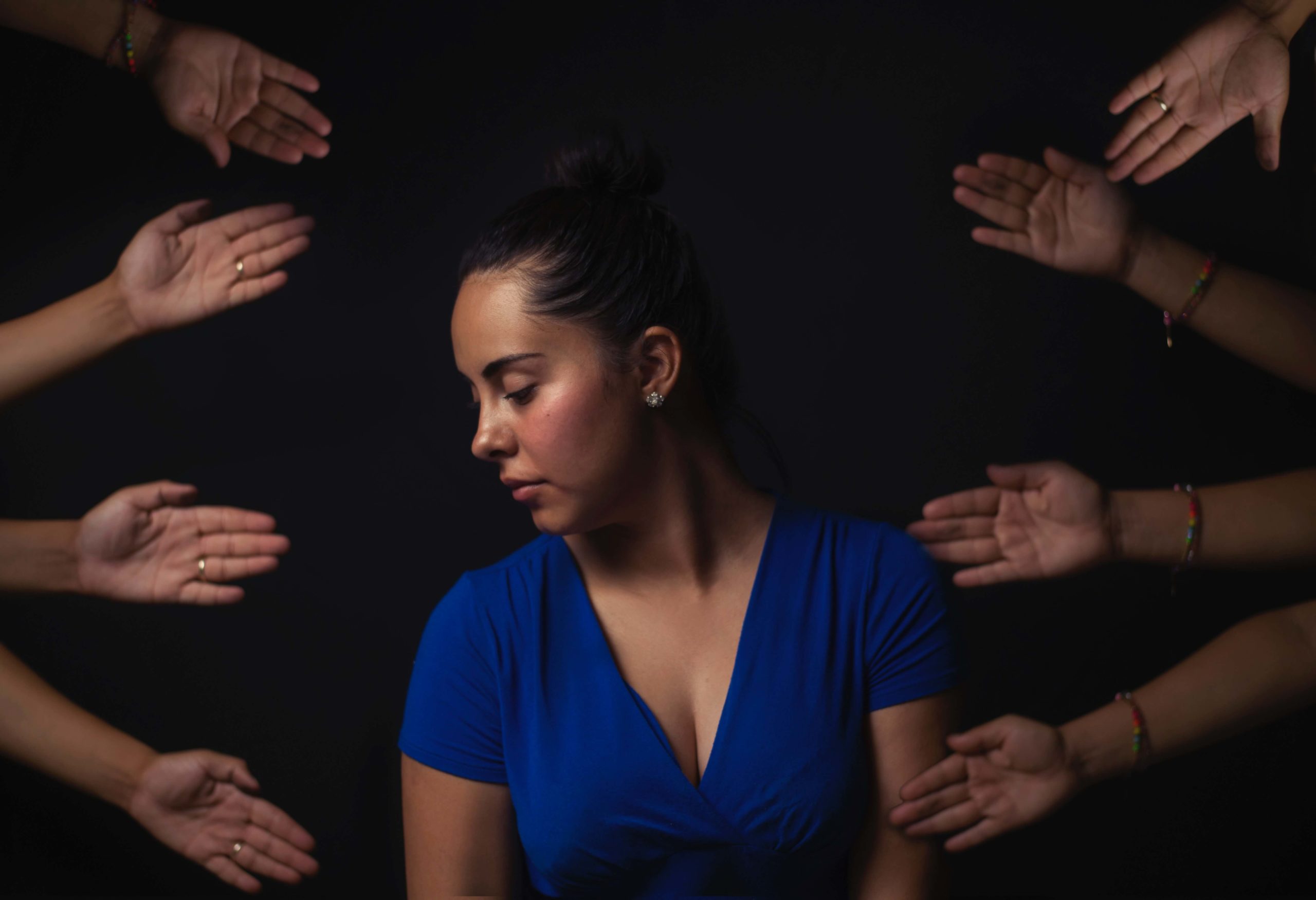
Reframing 10 Cognitive Distortions Using CBT
What Are Cognitive Distortions?
Think of a room full of mirrors, all with different levels of distorted surfaces that refract and reflect the light, and yourself, in warped ways. Some may be subtle, some may be exaggerated, and some reflections may, in fact, be the real you. The “fun house of mirrors” is a great way to think about what cognitive distortions are: distortions of how we react to internal and external stimuli.
When the mind plays tricks on us through false thinking patterns based on an irrational belief system, it is cognitive distortion. These thoughts are usually inaccurate and negatively biased.
Cognitive distortions are a habitual way of thinking, leading to negative feelings and behaviors such as depression, anxiety, panic attacks, eating disorders, and addiction, but how did these unwanted distortions develop?
Read more









Recent Comments